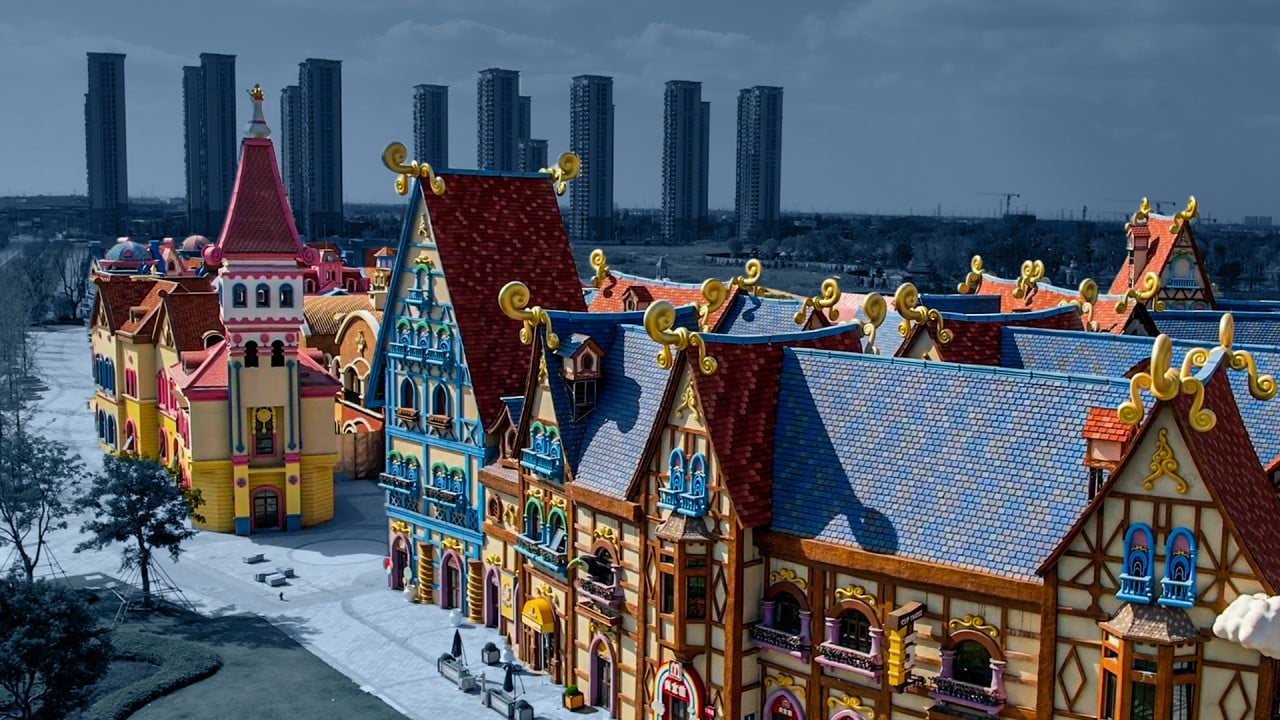If the requests are implemented, they could have an adverse impact on the financial position and operations of the company and its relevant subsidiaries, the filing said, adding that Evergrande NEV was coordinating with local governments to resolve the issue.
Evergrande NEV is in deep financial trouble, according to its latest annual report. Total comprehensive loss for 2023 stood at 12.3 billion yuan, while liabilities were 72.5 billion yuan. The company produced a total of 1,700 cars and sold only 1,389 units last year.
The troubles at China Evergrande have worsened since it was ordered by a Hong Kong court to liquidate in January. In March, the China Securities Regulatory Commission said the Guangzhou-based developer had inflated its sales by 564 billion yuan (US$78 billion) and profits by 92 billion yuan in the years leading up to its collapse.
These developments come at a time when the central government authorities are making their most ambitious attempt yet to arrest a protracted slump in the property market, which saw prices in both the primary and secondary markets fall for about a year up to April.
The bazooka-style stimulus package includes 300 billion yuan set aside by the People’s Bank of China for state-owned firms to acquire unsold homes, and further cuts to mortgage rates and down payment ratios.
While the moves have boosted sentiment in tier-one cities, analysts at S&P Global expect prices to keep dropping in lower-tier cities, leading to a further decline of as much as 6 per cent in home prices across China this year.
Local governments’ income from land sales fell 11 per cent year on year in the first 11 months of 2023 because of the property slowdown, according to official data.
To rescue cash-strapped local governments, Beijing is implementing a series of measures, including issuing 1 trillion yuan worth of special government bonds and pushing for the refinancing of local government debt.
The cost for local governments to service their off-balance sheet debt dropped to 2.83 per cent in April, the lowest since at least 1999, according to data compiled by Bloomberg.


